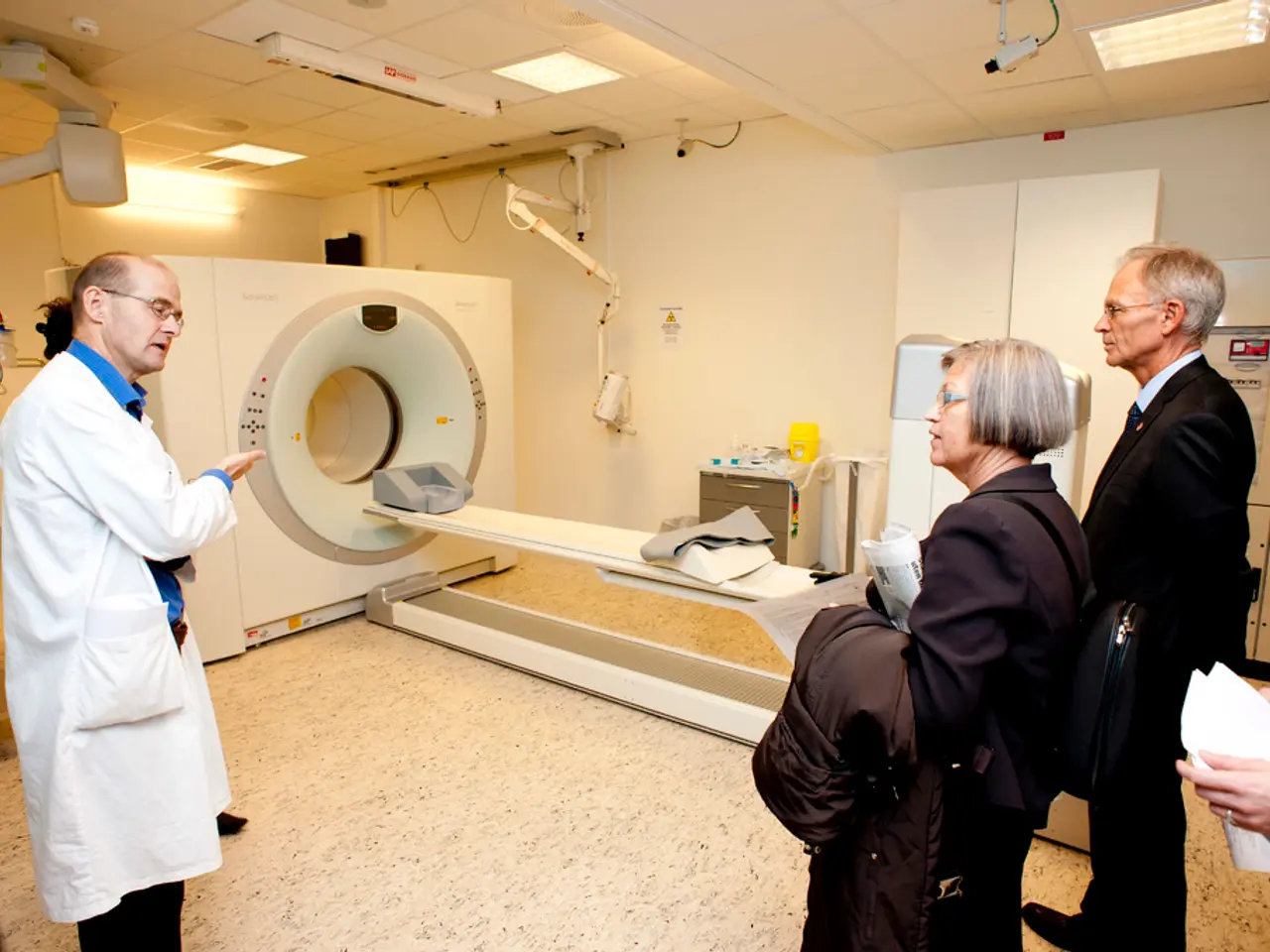Understanding the Role of Medical Coding
================================================================
Medical coding, a standardized system used in the healthcare industry, plays a crucial role in transforming medical information into alphanumeric codes. These internationally recognized codes, such as ICD (International Classification of Diseases) and CPT (Current Procedural Terminology), are derived from medical documentation like physician notes, laboratory results, and radiology reports.
Used by a wide range of users including hospitals, clinics, physicians, insurance companies, government agencies, medical researchers, and public health organizations, medical coding improves healthcare management by optimizing workflow, enhancing documentation efficiency, and streamlining administrative processes.
Accurate coding is essential for healthcare providers to track patient histories, treatments, and diagnoses systematically. It also ensures appropriate payments for services rendered, reducing billing errors and claim denials. By facilitating clear communication between healthcare providers, insurance companies, and government agencies, medical coding ensures consistency and accuracy in documentation.
Moreover, medical coding contributes to public health initiatives by enabling government agencies and researchers to monitor disease trends, evaluate treatment outcomes, and develop healthcare policies. It also enhances compliance with regulations like HIPAA, reducing the risk of fraud, abuse, and legal issues.
Becoming a certified medical coder typically follows a stepwise path. This may involve completing education or training, choosing and passing one or more certification exams, gaining supervised work experience (if required), maintaining certification with continuing education, and pursuing specialty credentials or career advancement.
Essential steps in this process include deciding your entry route, choosing which credential(s) to pursue, preparing for the exam(s), taking the certification exam(s), obtaining required experience (if applicable), maintaining and advancing credentials, and pursuing specialty certifications.
Certification offers numerous benefits for career growth and opportunities. It increases employability and starting pay, provides access to diverse work settings, offers a clear advancement pathway, provides professional credibility and compliance knowledge, and offers flexibility and remote opportunities.
With the increasing demand for healthcare services, the need for skilled medical coders is growing, making it a promising career path in the medical field. Medical coding supports efficiency, accuracy, and compliance within the healthcare system, enhancing its overall functioning.
- The process of becoming a certified medical coder often includes pursuing a certification exam, such as those for ICD or CPT, demonstrating proficiency in the science of medical-conditions and the related therapies-and-treatments.
- A career in medical coding can offer significant opportunities for growth and advancement within the health-and-wellness sector, as the skillset required is essential for maintaining consistency, accuracy, and compliance in documentation, aiding in policy development and disease trend monitoring.




